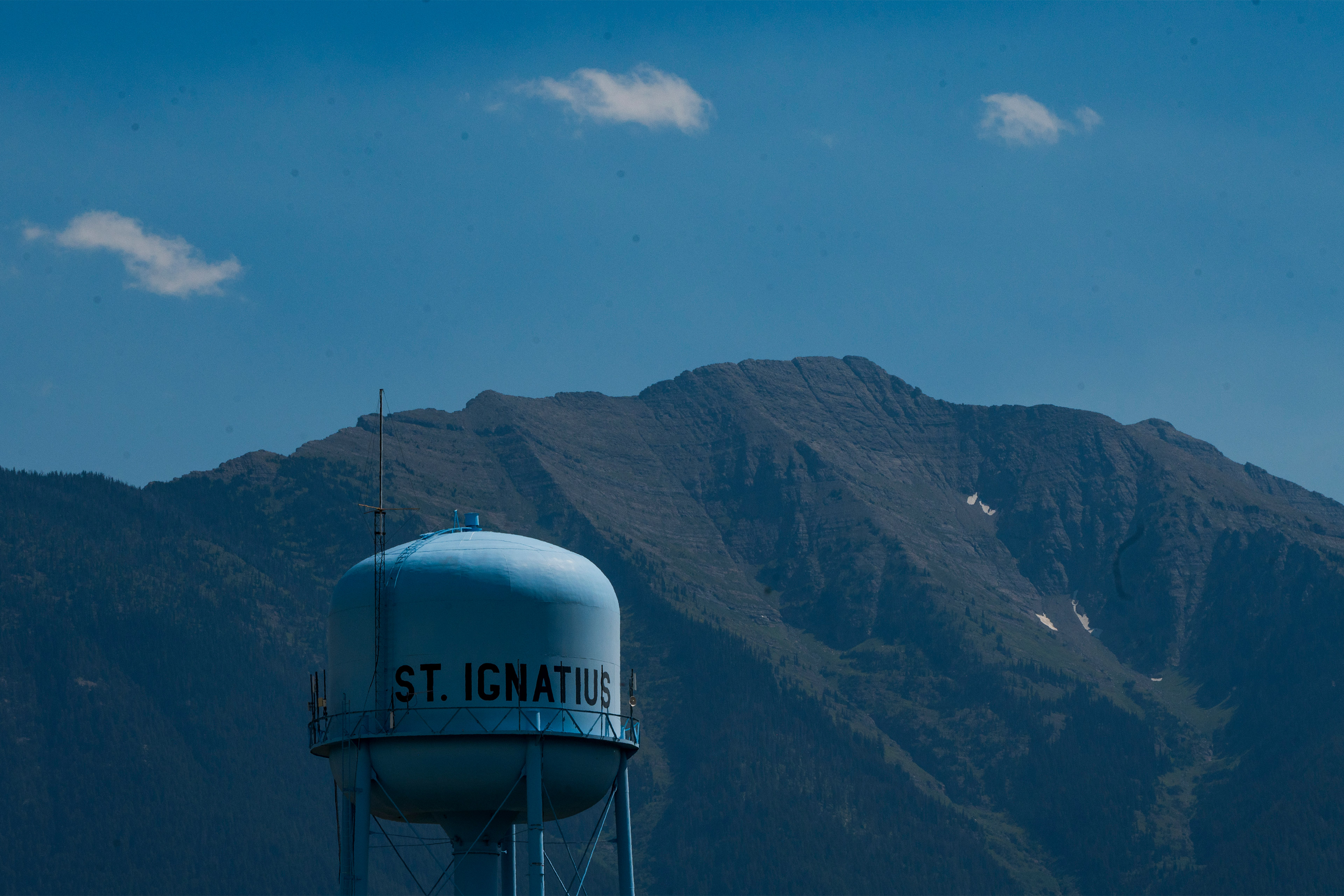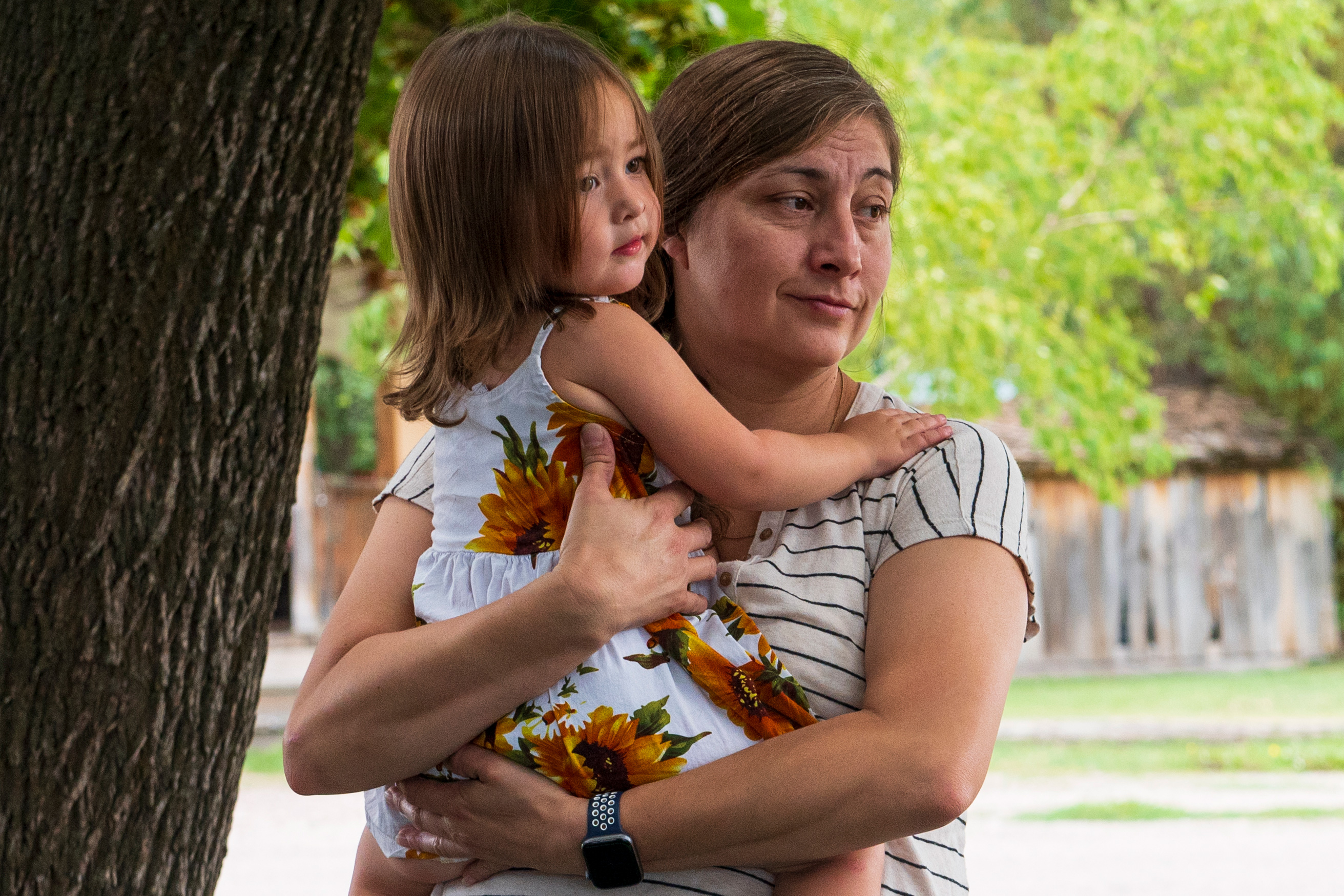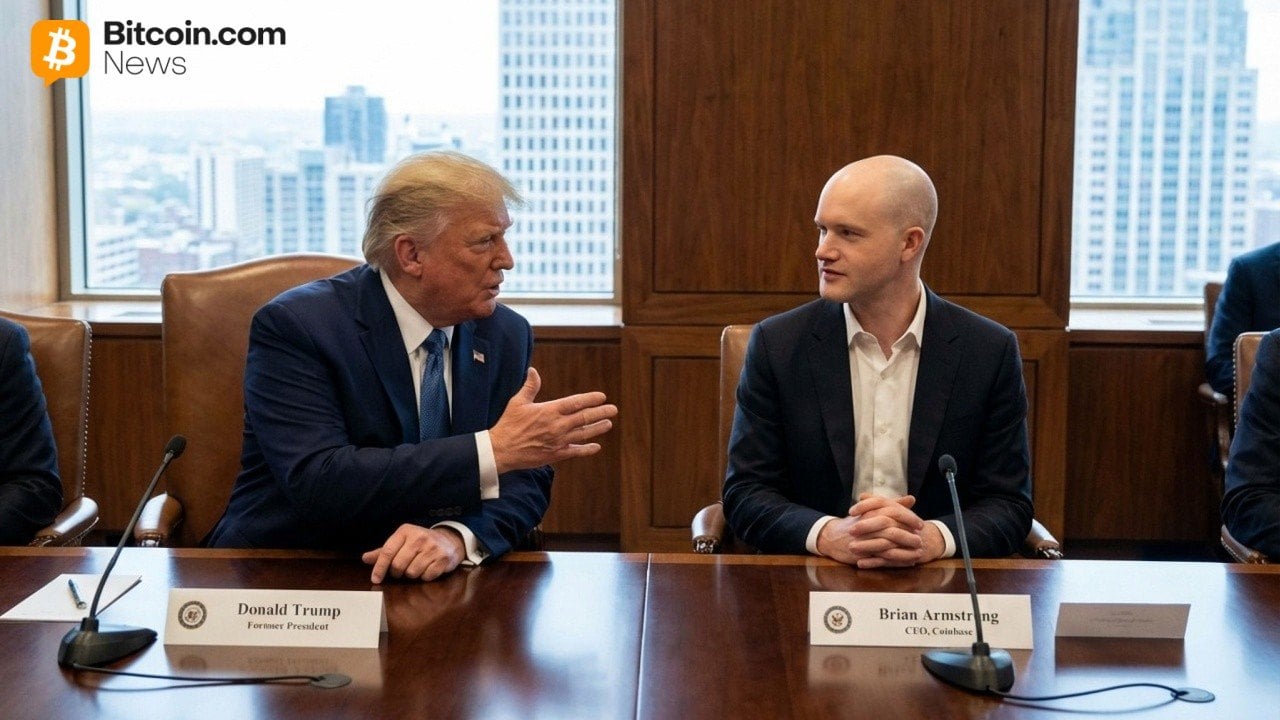Jonnell Wieder earned too much money at her job to keep her Medicaid coverage when the covid-19 public health emergency ended in 2023 and states resumed checking whether people were eligible for the program. But she was reassured by the knowledge that Medicaid would provide postpartum coverage for her and her daughter, Oakleigh McDonald, who was born in July of that year.
Wieder is a member of the Confederated Salish and Kootenai Tribes in Montana and can access some health services free of charge through her tribe’s health clinics. But funding is limited, so, like a lot of Native American people, she relied on Medicaid for herself and Oakleigh.
Months before Oakleigh’s 1st birthday, the date when Wieder’s postpartum coverage would come to an end, Wieder completed and returned paperwork to enroll her daughter in Healthy Montana Kids, the state’s version of the Children’s Health Insurance Program. But her paperwork, caught up in the lengthy delays and processing times for applications, did not go through.
“As soon as she turned 1, they cut her off completely,” Wieder said.
It took six months for Wieder to get Oakleigh covered again through Healthy Montana Kids. Before health workers in her tribe stepped in to help her resubmit her application, Wieder repeatedly called the state’s health department. She said she would dial the call center when she arrived at her job in the morning and go about her work while waiting on hold, only for the call to be dropped by the end of the day.
“Never did I talk to anybody,” she said.
Wieder and Oakleigh’s experience is an example of the chaos for eligible Medicaid beneficiaries caused by the process known as the “unwinding,” which led to millions of people in the U.S. losing coverage due to paperwork or other procedural issues. Now, tribal health leaders fear their communities will experience more health coverage disruptions when new federal Medicaid work and eligibility requirements are implemented by the start of 2027.
The tax-and-spending law that President Donald Trump signed this summer exempts Native Americans from the new requirement that some people work or do another qualifying activity a minimum number of hours each month to be eligible for Medicaid, as well as from more frequent eligibility checks. But as Wieder and her daughter’s experience shows, they are not exempt from getting caught up in procedural disenrollments that could reemerge as states implement the new rules.
“We also know from the unwinding that that just doesn’t always play out necessarily correctly in practice,” said Joan Alker, who leads Georgetown University’s Center for Children and Families. “There’s a lot to worry about.”
The new law is projected to increase the number of people who are uninsured by 10 million.
The lessons of the unwinding suggest that “deep trouble” lies ahead for Native Americans who rely on Medicaid, according to Alker.
Changes to Medicaid
Trump’s new law changes Medicaid rules to require some recipients ages 19 to 64 to log 80 hours of work or other qualifying activities per month. It also requires states to recheck those recipients’ eligibility every six months, instead of annually. Both of these changes will be effective by the end of next year.
The Congressional Budget Office estimated in July that the law would reduce federal Medicaid spending by more than $900 billion over a decade. In addition, more than 4 million people enrolled in health plans through the Affordable Care Act marketplace are projected to become uninsured if Congress allows pandemic-era enhanced premium tax credits to expire at the end of the year.
Wieder said she was lucky that the tribe covered costs and her daughter’s care wasn’t interrupted in the six months she didn’t have health insurance. Citizens of federally recognized tribes in the U.S. can access some free health services through the Indian Health Service, the federal agency responsible for providing health care to Native Americans and Alaska Natives.
But free care is limited because Congress has historically failed to fully fund the Indian Health Service. Tribal health systems rely heavily on Medicaid to fill that gap. Native Americans are enrolled in Medicaid at higher rates than the white population and have higher rates of chronic illnesses, die more from preventable diseases, and have less access to care.
Medicaid is the largest third-party payer to the Indian Health Service and other tribal health facilities and organizations. Accounting for about two-thirds of the outside revenue the Indian Health Service collects, it helps tribal health organizations pay their staff, maintain or expand services, and build infrastructure. Tribal leaders say protecting Medicaid for Indian Country is a responsibility Congress and the federal government must fulfill as part of their trust and treaty obligations to tribes.
Lessons Learned During the Unwinding
The Trump administration prevented states from disenrolling most Medicaid recipients for the duration of the public health emergency starting in 2020. After those eligibility checks resumed in 2023, nearly 27 million people nationwide were disenrolled from Medicaid during the unwinding, according to an analysis by the Government Accountability Office published in June. The majority of disenrollments — about 70% — occurred for procedural reasons, according to the federal Centers for Medicare & Medicaid Services.
CMS did not require state agencies to collect race and ethnicity data for their reporting during the unwinding, making it difficult to determine how many Native American and Alaska Native enrollees lost coverage.
The lack of data to show how the unwinding affected the population makes it difficult to identify disparities and create policies to address them, said Latoya Hill, senior policy manager with KFF’s Racial Equity and Health Policy program. KFF is a health information nonprofit that includes KFF Health News.
The National Council of Urban Indian Health, which advocates on public health issues for Native Americans living in urban parts of the nation, analyzed the Census Bureau’s 2022 American Community Survey and KFF data in an effort to understand how disenrollment affected tribes. The council estimated more than 850,000 Native Americans had lost coverage as of May 2024. About 2.7 million Native Americans and Alaska Natives were enrolled in Medicaid in 2022, according to the council.
The National Indian Health Board, a nonprofit that represents and advocates for federally recognized tribes, has been working with federal Medicaid officials to ensure that state agencies are prepared to implement the exemptions.
“We learned a lot of lessons about state capacity during the unwinding,” said Winn Davis, congressional relations director for the National Indian Health Board.
Nevada health officials say they plan to apply lessons learned during the unwinding and launch a public education campaign on the Medicaid changes in the new federal law. “A lot of this will depend on anticipated federal guidance regarding the implementation of those new rules,” said Stacie Weeks, director of the Nevada Health Authority.
Staff at the Fallon Tribal Health Center in Nevada have become authorized representatives for some of their patients. This means that tribal citizens’ Medicaid paperwork is sent to the health center, allowing staff to notify individuals and help them fill it out.
Davis said the unwinding process showed that Native American enrollees are uniquely vulnerable to procedural disenrollment. The new law’s exemption of Native Americans from work requirements and more frequent eligibility checks is the “bare minimum” to ensure unnecessary disenrollments are avoided as part of trust and treaty obligations, Davis said.

Eligibility Checks Are ‘Complex’ and ‘Vulnerable to Error’
The GAO said the process of determining whether individuals are eligible for Medicaid is “complex” and “vulnerable to error” in a 2024 report on the unwinding.
“The resumption of Medicaid eligibility redeterminations on such a large scale further compounded this complexity,” the report said.
It highlighted weaknesses across state systems. By April 2024, federal Medicaid officials had found nearly all states were out of compliance with redetermination requirements, according to the GAO. Eligible people lost their coverage, the accountability office said, highlighting the need to improve federal oversight.
In Texas, for example, federal Medicaid officials found that 100,000 eligible people had been disenrolled due to, for example, the state system’s failure to process their completed renewal forms or miscalculation of the length of women’s postpartum coverage.
Some states were not conducting ex parte renewals, in which a person’s Medicaid coverage is automatically renewed based on existing information available to the state. That reduces the chance that paperwork is sent to the wrong address, because the recipient doesn’t need to complete or return renewal forms.
But poorly conducted ex parte renewals can lead to procedural disenrollments, too. More than 100,000 people in Nevada were disenrolled by September 2023 through the ex parte process. The state had been conducting the ex parte renewals at the household level, rather than by individual beneficiary, resulting in the disenrollment of still-eligible children because their parents were no longer eligible. Ninety-three percent of disenrollments in the state were for procedural reasons — the highest in the nation, according to KFF.
Another issue the federal agency identified was that some state agencies were not giving enrollees the opportunity to submit their renewal paperwork through all means available, including mail, phone, online, and in person.
State agencies also identified challenges they faced during the unwinding, including an unprecedented volume of eligibility redeterminations, insufficient staffing and training, and a lack of response from enrollees who may not have been aware of the unwinding.
Native Americans and Alaska Natives have unique challenges in maintaining their coverage.

Communities in rural parts of the nation experience issues with receiving and sending mail. Some Native Americans on reservations may not have street addresses. Others may not have permanent housing or change addresses frequently. In Alaska, mail service is often disrupted by severe weather. Another issue is the lack of reliable internet service on remote reservations.
Tribal health leaders and patient benefit coordinators said some tribal citizens did not receive their redetermination paperwork or struggled to fill it out and send it back to their state Medicaid agency.
The Aftermath
Although the unwinding is over, many challenges persist.
Tribal health workers in Montana, Oklahoma, and South Dakota said some eligible patients who lost Medicaid during the unwinding had still not been reenrolled as of this spring.
“Even today, we’re still in the trenches of getting individuals that had been disenrolled back onto Medicaid,” said Rachel Arthur, executive director of the Indian Family Health Clinic in Great Falls, Montana, in May.
Arthur said staff at the clinic realized early in the unwinding that their patients were not receiving their redetermination notices in the mail. The clinic is identifying people who fell off Medicaid during the unwinding and helping them fill out applications.
Marlena Farnes, who was a patient benefit coordinator at the Indian Family Health Clinic during the Medicaid unwinding, said she tried for months to help an older patient with a chronic health condition get back on Medicaid. He had completed and returned his paperwork but still received a notice that his coverage had lapsed. After many calls to the state Medicaid office, Farnes said, state officials told her the patient’s application had been lost.
Another patient went to the emergency room multiple times while uninsured, Arthur said.
“I felt like if our patients weren’t helped with follow-up, and that advocacy piece, their applications were not being seen,” Farnes said. She is now the behavioral health director at the clinic.
Montana was one of five states where more than 50% of enrollees lost coverage during the unwinding, according to the GAO. The other states are Idaho, Oklahoma, Texas, and Utah. About 68% of Montanans who lost coverage were disenrolled for procedural reasons.

In Oklahoma, eligibility redeterminations remain challenging to process, said Yvonne Myers, a Medicaid and Affordable Care Act consultant for Citizen Potawatomi Nation Health Services. That’s causing more frequent coverage lapses, she said.
Myers said she thinks Republican claims of “waste, fraud, and abuse” are overstated.
“I challenge some of them to try to go through an eligibility process,” Myers said. “The way they’re going about it is making it for more hoops to jump through, which ultimately will cause people to fall off.”
The unwinding showed that state systems can struggle to respond quickly to changes in Medicaid, leading to preventable erroneous disenrollments. Individuals were often in the dark about their applications and struggled to reach state offices for answers. Tribal leaders and health experts are raising concerns that those issues will continue and worsen as states implement the requirements of the new law.
Georgia, the only state with an active Medicaid work requirement program, has shown that the changes can be difficult for individuals to navigate and costly for a state to implement. More than 100,000 people have applied for Georgia’s Pathways program, but only about 8,600 were enrolled as of the end of July.
Alker, of Georgetown, said Congress took the wrong lesson from the unwinding in adding more restrictions and red tape.
“It will make unwinding pale in comparison in terms of the number of folks that are going to lose coverage,” Alker said.
This article was published with the support of the Journalism & Women Symposium (JAWS) Health Journalism Fellowship, assisted by grants from The Commonwealth Fund.
[email protected],
@jazmin1orozco
























